Before spending my first ever Christmas in Hungary, I had no idea what to expect from Hungarian food. I didn’t know any Hungarian dishes nor have I ever learned about Hungarian cuisine. I now know that, in fact, when it comes to Hungarian food, there isn’t just one specific course you should aim for. You can probably enjoy a real culinary affair in Hungary, starting with delicious starters, through hearty main meals, to fluffy and addictive desserts. I am certain you too, heard of the famed Hungarian goulash. In reality, there is so much more to this country’s cuisine than this dish and in this article, I’m going to help you understand everything you need to know about Hungarian food you ought to try. In other words, if you are a foodie in search of the next best trip, then I can assure you that by the time you finish this article, you will want to book your flights to Hungary. Ready to drool? Here is the Hungarian food you need to try as soon as possible.
Warning: don’t read this on an empty stomach… Proceed at your own risk.
Table of Contents
- Hungarian Cuisine
- Hungarian charcuterie
- Kolbász
- Gyulai sausage
- Csabai sausage
- Csemege kolbász
- Cserkész kolbász
- Debreceni kolbász
- Mangalica Sausage
- Winter Salami
- Hungarian Chesses
- Túró
- Trappista
- Tihany cheese
- Smoked cheese
- Hungarian Breads
- Lángos
- Pogácsa
- Perec
- Kifli
- Bundás kenyér
- Hungarian Starter
- Vinetta or padlizsán krém
- Libamájpástétom
- Hungarian Soups
- Gulyásleves
- Halászlé
- Hideg meggyleves
- Borleves
- Húsleves
- Krumplileves
- Grízgaluska
- Main Meals
- Csirkepaprikás
- Főzelék
- Krumplis tészta
- Lecsó
- Stefánia szelet
- Palacsinta
- Gundel palacsinta
- Hortobágyi palacsinta
- Rakott palacsinta
- Paprikás krumpli
- Rántott sajt
- Rántott csirke
- Rakott káposzta or Kolozsvári káposzta
- Töltött káposzta
- Székelykáposzta
- Töltött paprika
- Hungarian Desserts
- Kürtőskalács
- Dobos Cake
- Diós tészta
- Mákos tészta
- Vaníliás kifli
- Linzer torta
- Rigó Jancsi
- Gesztenyepüré
- Piskóta
- Rétes
- Csiga
- Kuglóf
- Madártej
- Halva
- Szaloncukor
- Szilvásgombóc
- Hungarian Drinks
- Pálinka
- Szatmári szilvapálinka
- Kecskeméti barackpálinka
- Szabolcsi almapálinka
- Békési szilvapálinka
- Gönci barackpálinka
- Újfehértói meggypálinka
- Göcseji körtepálinka
- Pannonhalmi törkölypálinka
- Tokaj wine
- Unicum
Hungarian Cuisine
Hungarian cuisine is mostly Central European, although you can most certainly recognize certain Eastern influences. A typical Hungarian food is heavy and abundant in meat and dairy. Hungary is famed for its high-quality salamis and delicious dry sausages, including the outstanding Mangalica Sausage, which truly tastes special. Bread is part of the day to day Hungarian diet. It usually accompanies every type of dish, including main courses. Baked good are also prominent in Hungarian cuisine with many bans and pastries, both salty and sweet. Hungary has an array of cakes, including the delicious Dobos Cake.
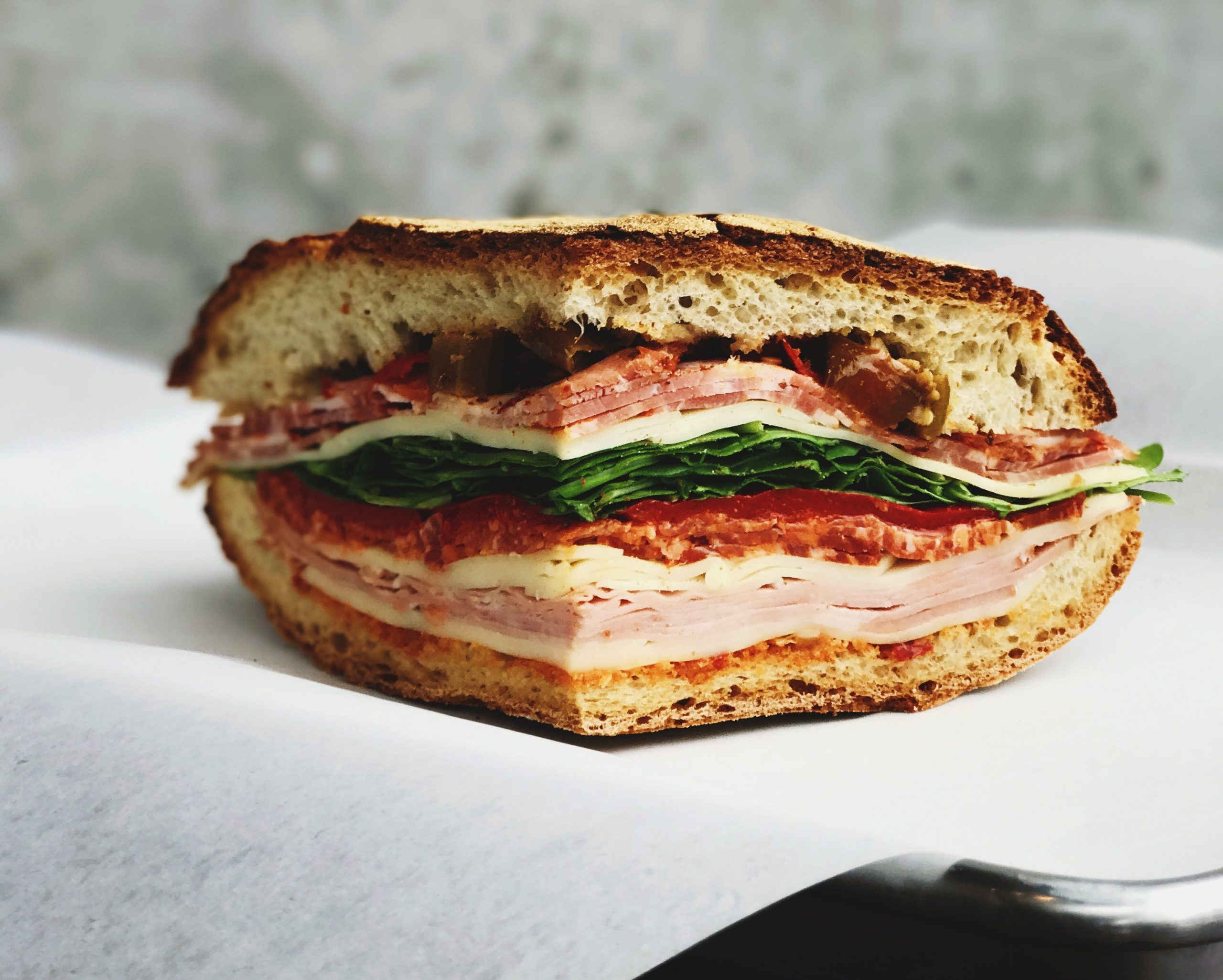
Goulash, perhaps what foreigners envision as the quintessential Hungarian food, it’s rarely eaten in a Hungarian home. The goulash has an interesting history of its own, being a soup of meat and vegetables, seasoned with paprika, dating back to the 9th century, eaten by Hungarian shepherds. Speaking of paprika, this is perhaps one of the most interesting spices, widely available in Hungary. Surprisingly, Hungary is associated with hot paprika, but in reality, mild and slightly sweet paprika is far more common.
Tip: When buying Hungarian paprika make sure to check the label to ensure the paprika comes from Kalocsa or Szeged.
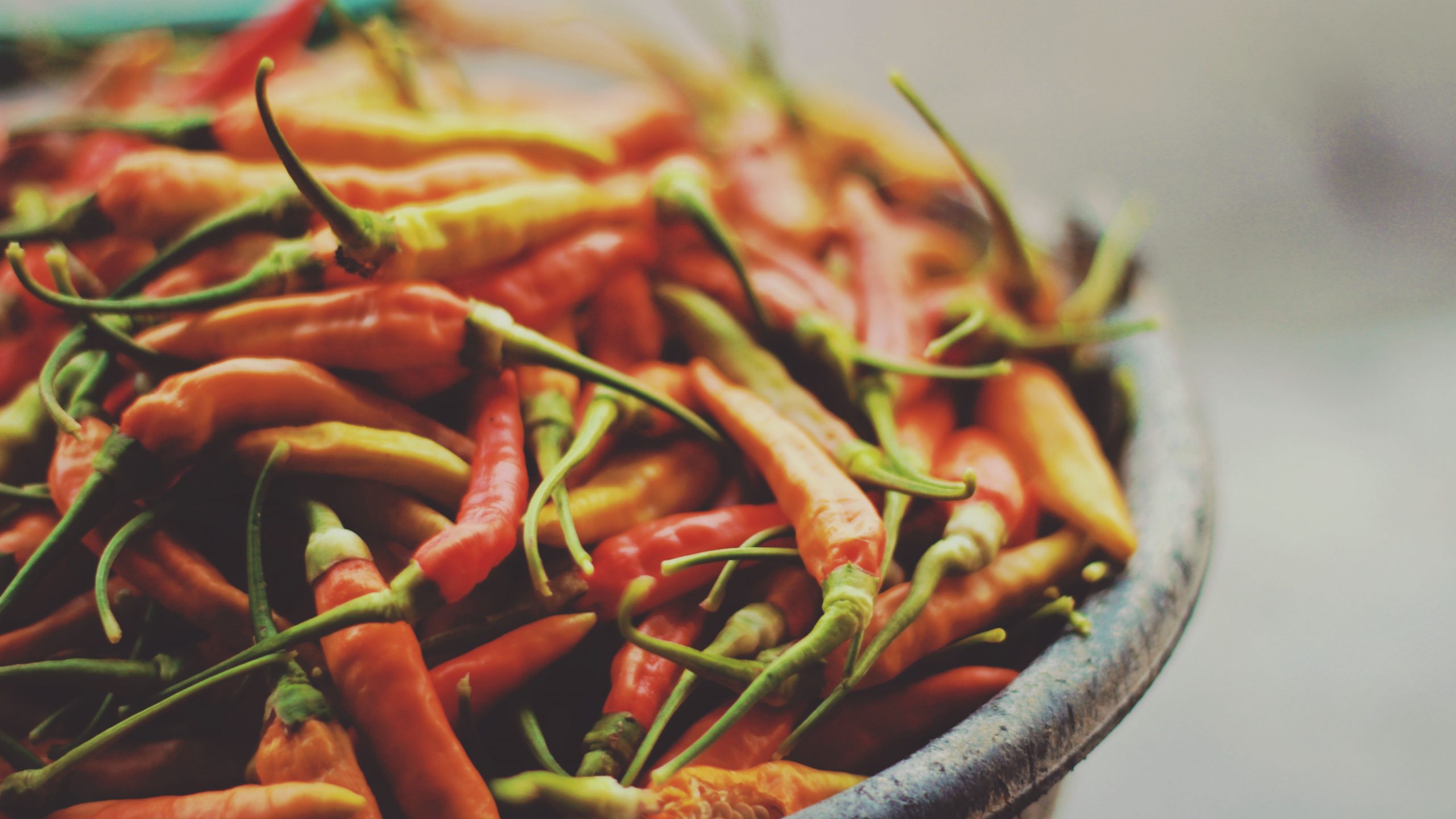
Hungarian charcuterie
A Hungarian cold plate is a classic way to showcase a wide variety of meats. There are usually presented on a wooden board and contain salami, cured meats and sausages.
Sometimes they have some pickles and chutney on the side too, to enhance the taste of the meat. You can usually eat this as a starter, or can be used as a party food for everyone to nibble. During special occasions, it’s common to start the evening by having a cold plate in the middle of the table, for everyone to self-serve.
Kolbász
Kolbász is a type of cooked Hungarian sausage, usually smoked. You may encounter the following types:
Gyulai sausage
Named after the Hungarian town of Gyula and has Protected Geographical Status. It is slow cooked while being beech wood smoked. It is made from pork, ‘szalonna’ (Hungarian bacon fat), garlic, pepper, caraway, and a Hungarian red paprika. You can eat it sliced with bread or you can add it to various dishes.
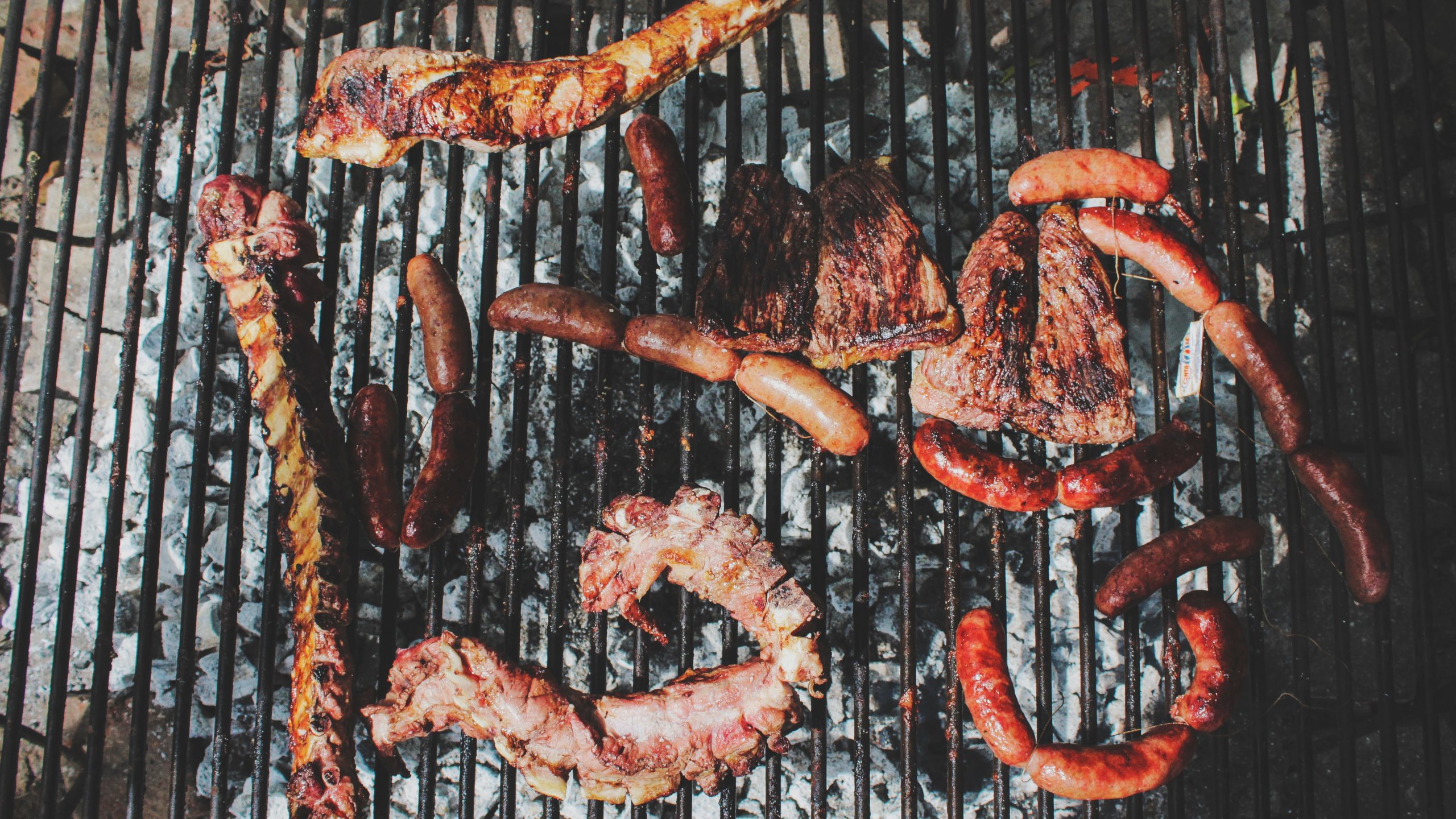
Csabai sausage
Made in the town Békéscsaba, and has Protected Geographical Status. It is similar to Gyulai, but a little spicier.
Csemege kolbász
Mildly spiced cooked smoked sausage.
Cserkész kolbász
A cooked smoked sausage made from beef and pork.
Debreceni kolbász
A strong paprika flavoured sausage usually used for cooking.
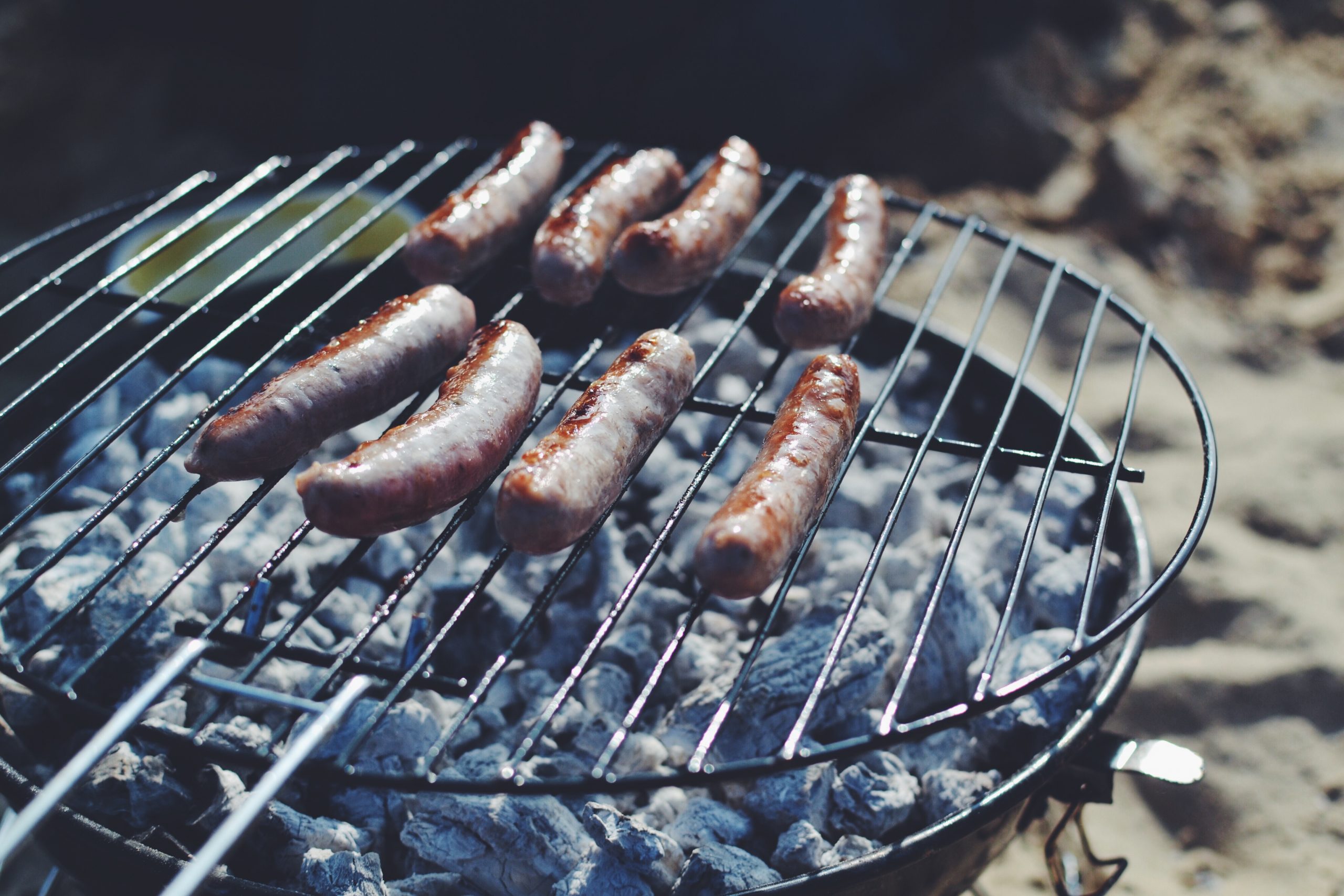
Mangalica Sausage
Mangalica is a special Hungarian breed of pork. Mangalica pork sausages are meant to be less fatty and generally healthier and tastier.
Winter Salami
The Hungarian winter salami is made from cured pork and spices and smoked slowly.
Hungarian Chesses
Hungary has its fair share of local cheeses, but before you get too excited, now I’d say that Hungarian food has its forte when it comes to meats and meat-based dishes. Nevertheless, Hungarians very much like their dairy. In my opinion, the Hungarian milk, butter and sour cream are all excellent, but the cheeses tend to have a more plastic feel to them. The only notable exception is the wonderful Tihany blue cheese which is one of the best blue cheeses in the world. I do like stringy smoked Hungarian cheese, but I tend to be more of a cheddar fan rather than a Trappista fan.
Túró
A creamy type of cottage cheese which is used in various meals and desserts. One famed snack which contains cottage cheese is Túró Rudi or Pöttyös (which means dot). Túró Rudi is a popular snack since 1969 and it has an inner filling of cottage cheese covered in an outer coating of chocolate. Nowadays, the brand has various type of jam added in the middle of the cheese filling which makes the dessert rather delicious. I personally like the blackcurrant version only.
Trappista
Trappista is a traditional Hungarian, Bosnian and Serbian cheese made by Trappist monks. It melts easily which makes it great for toppings and it one of the most popular cheese in Hungary. I think it’s a very nice cheese when melted on top of an open sandwich or on a pizza, but definitely not my favourite on its own.
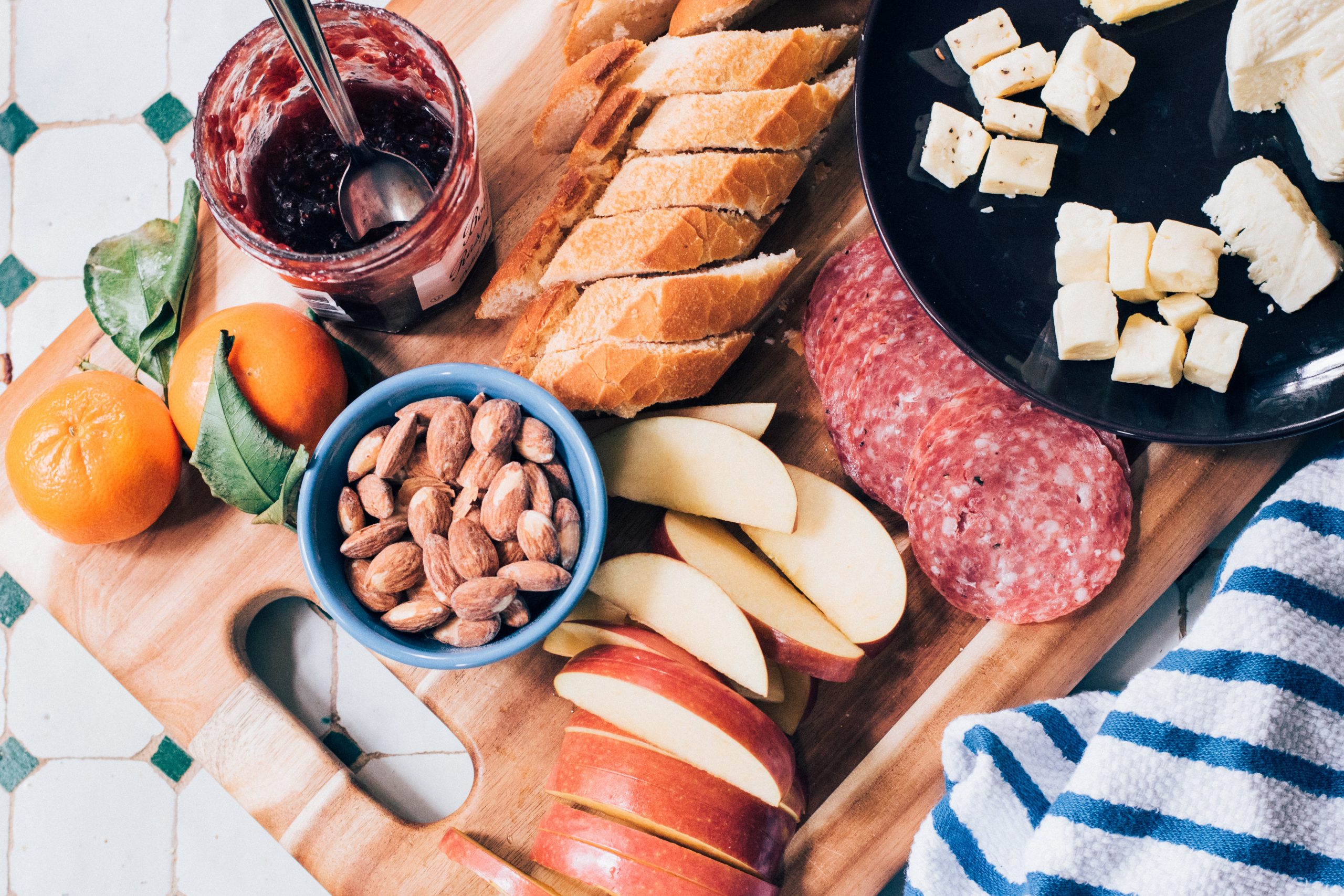
Tihany cheese
Tihany cheese is a lovely tasting blue cheese made in the Tihany area, located on the Western side of Hungary.
Smoked cheese
Not just a Hungarian cheese but an Eastern European type. Some smoked cheese has a very stringy texture in Hungary, which makes it fun to eat. You can literally buy a cheese clew which looks adorable.
Hungarian Breads
If you love bread, then you are going to enjoy plenty of Hungarian food. Starting with their staple fried bread, through milky bread and pretzels, Hungary is incredible when it comes to bakeries. If fresh pastry is what you are after, then Hungary should be your next travel destination.
Lángos
Lángos is a fried bread served with a variety of toppings. In my opinion, this is the absolute best Hungarian food you can possible get. You can enjou it mainly as a street food, and you can almost always see it at the markets. You can also get it at pretty much every Hungarian Christmas market, and we even found it in Prater, Vienna. A good Lángos is round and larger than both your hands, has a thin and crispy middle and fluffy sides. You can eat it plain, with garlic, sour cream and cheese, as well as bacon. In Budpaest, I also found it served with paprika on top and minced meat. My personal favourite remains the sour cream and cheese version.
Pogácsa
Pogácsa is a type of bun, round puffed pastry with cheese or with bacon, traditionally cooked on the fire.
Perec
The mighty pretzel, usually with salt and cheese.
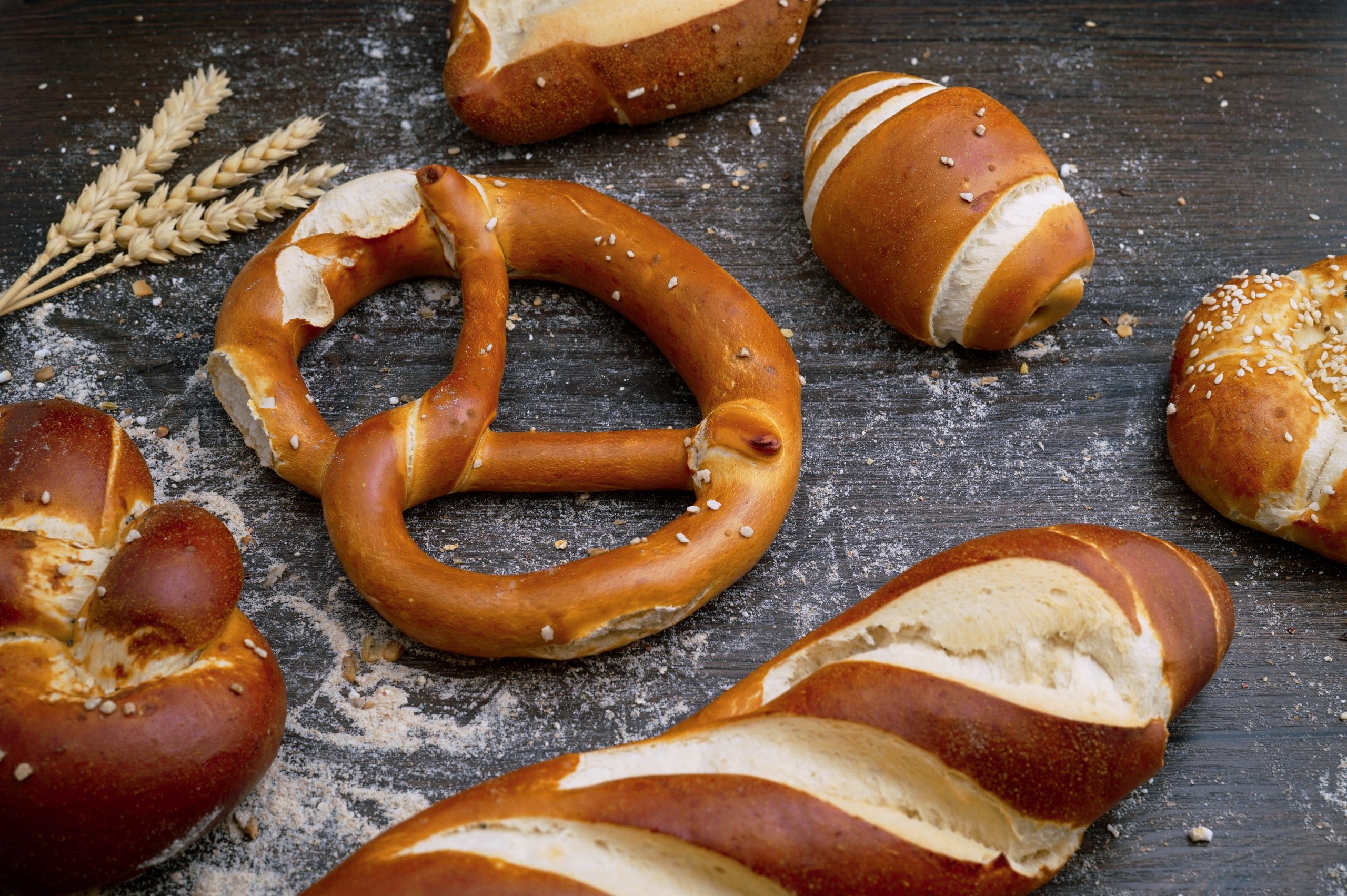
Kifli
Kifli is a crescent-shaped bread which is great for breakfast. It usually has salt or cumin on top.
Bundás kenyér
This is a type of French toast which is eaten for breakfast.
Hungarian Starter
Vinetta or padlizsán krém
Another classic which was always part of our family Sunday dinner. Vinetta is a Transylvanian dish which consists of eggplant cream. The eggplant is baked on an open fire, peeled, then mashed. Onion and various spices are added to the mashed eggplant and mixed into a delicious cream which can be eaten as a dip.
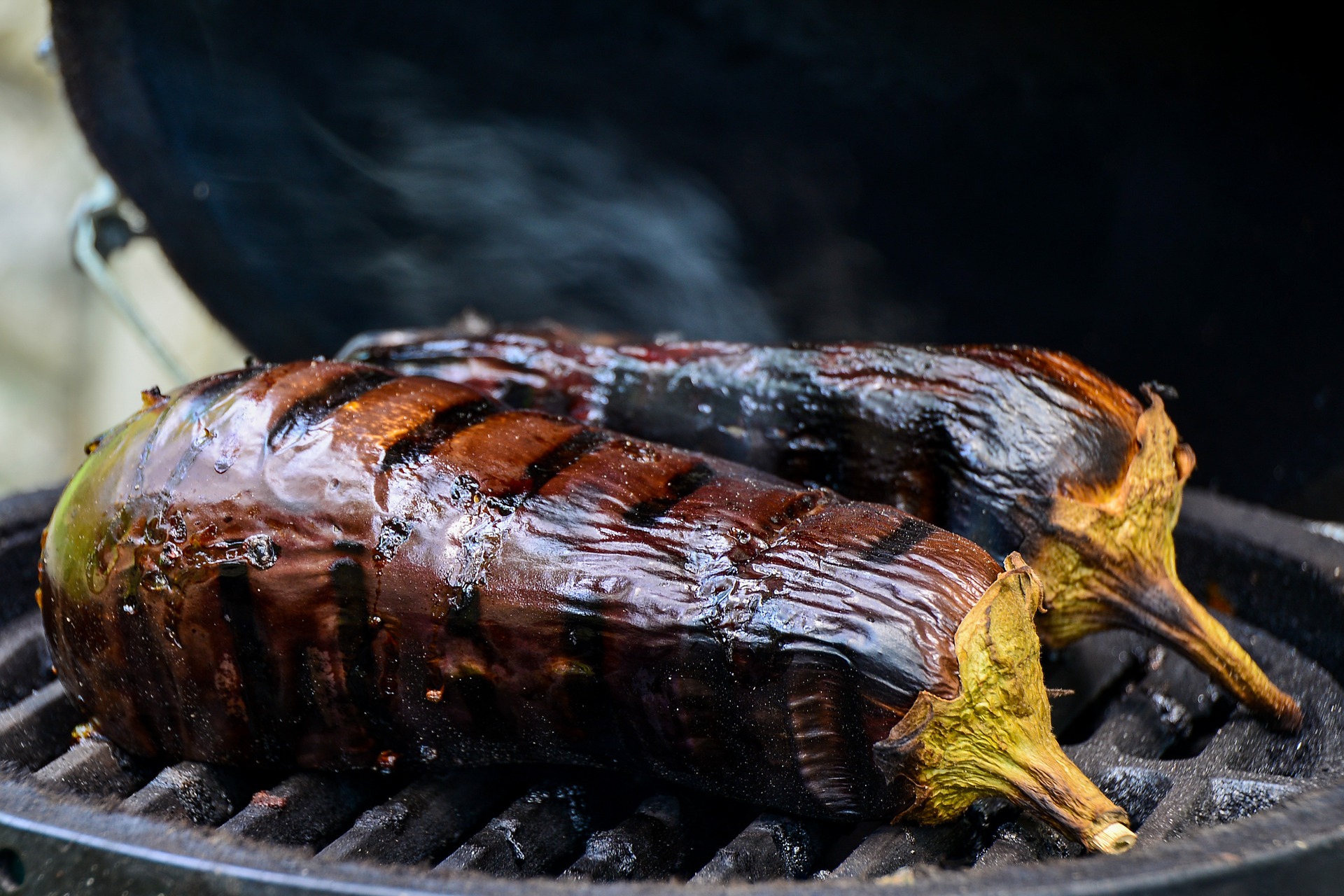
Libamájpástétom
This is a Hungarian delicacy: foie gras – goose liver pâté.
Hungarian Soups
For lunch, Hungarians eat soup before the main course. Here is a list of some interesting soups which sure make Hungarian food more exciting than you ever imagined. And yes, there is plenty more for you to sample, beyond the goulash soup.
Gulyásleves
This is the famed goulash soup. It’s a vegetable and meat soup with spicy paprika.
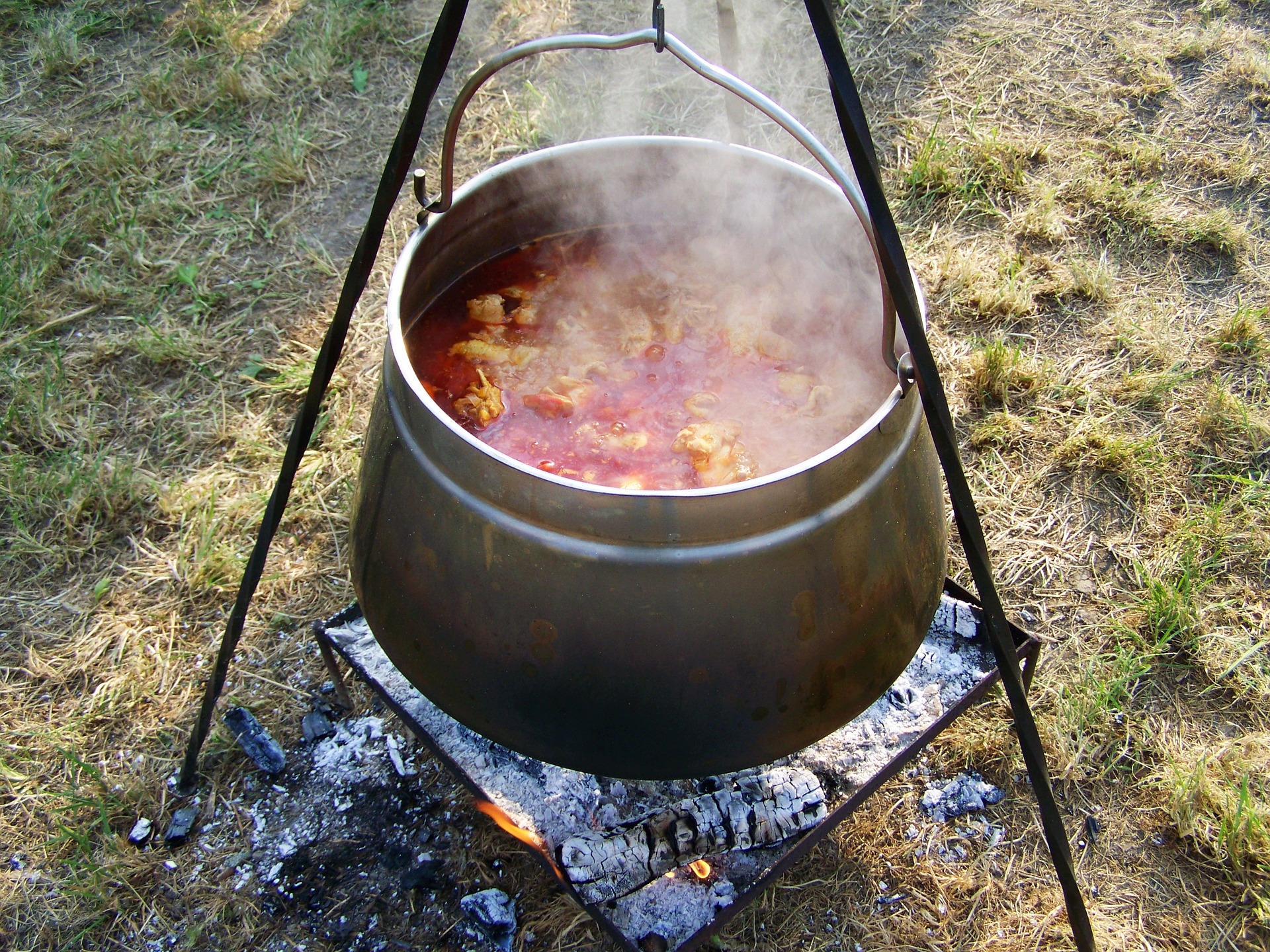
Halászlé
This is a hot and spicy fish soup with hot paprika. It’s usually served for Christmas.
Hideg meggyleves
Something you should definitely try in the summer. It’s an interesting soup and, in my opinion, an acquired taste. Hideg meggyleves is a sour cherry soup served chilled. My husband loves it, whereas I don’t. It tastes a little like a thin cherry yoghurt.
Borleves
I’m yet to try wine soup, but since I like soup and I like wine, I reckon it will be a very nice combination.
Húsleves
This is a clear chicken or veal soup with vegetables and thin pasta.
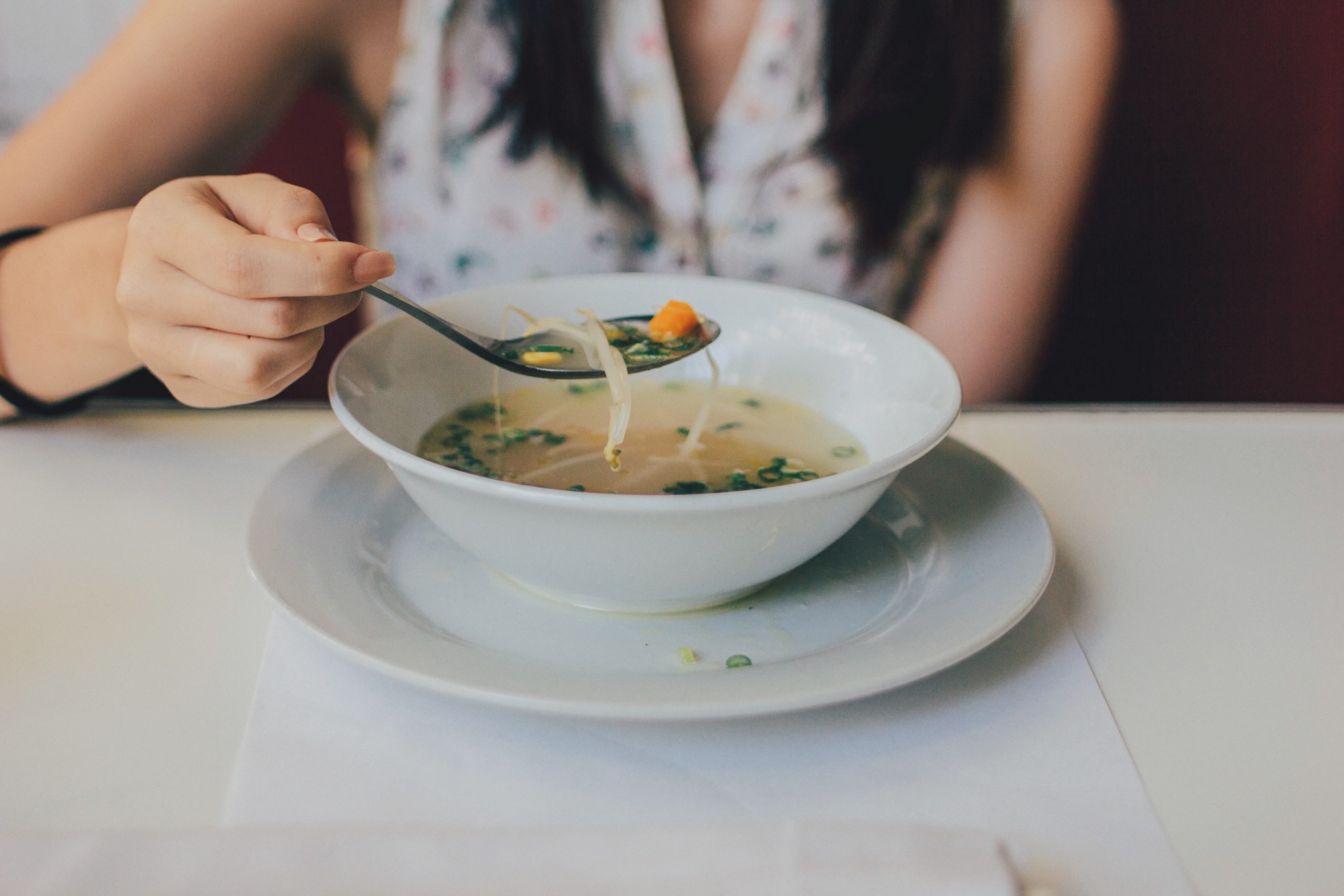
Krumplileves
This is potato soup, a personal favourite as I used to eat it as a child.
Grízgaluska
I used to love this as a child as my mum used to make me Galuska for soup. The Grízgaluska is a Hungarian boiled semolina dumpling, usually used in soups.
Main Meals
Now that you enjoyed a variety of starters, pastries and soup, it’s time to dig into the core of Hungarian food: main courses. Most of them are heavy and hearty, but very delicious. In my opinion, food in Hungary is simple, made with basic ingredients, but indeed very tasty. When trying Hungarian food is imperative that you don’t start counting the calories.
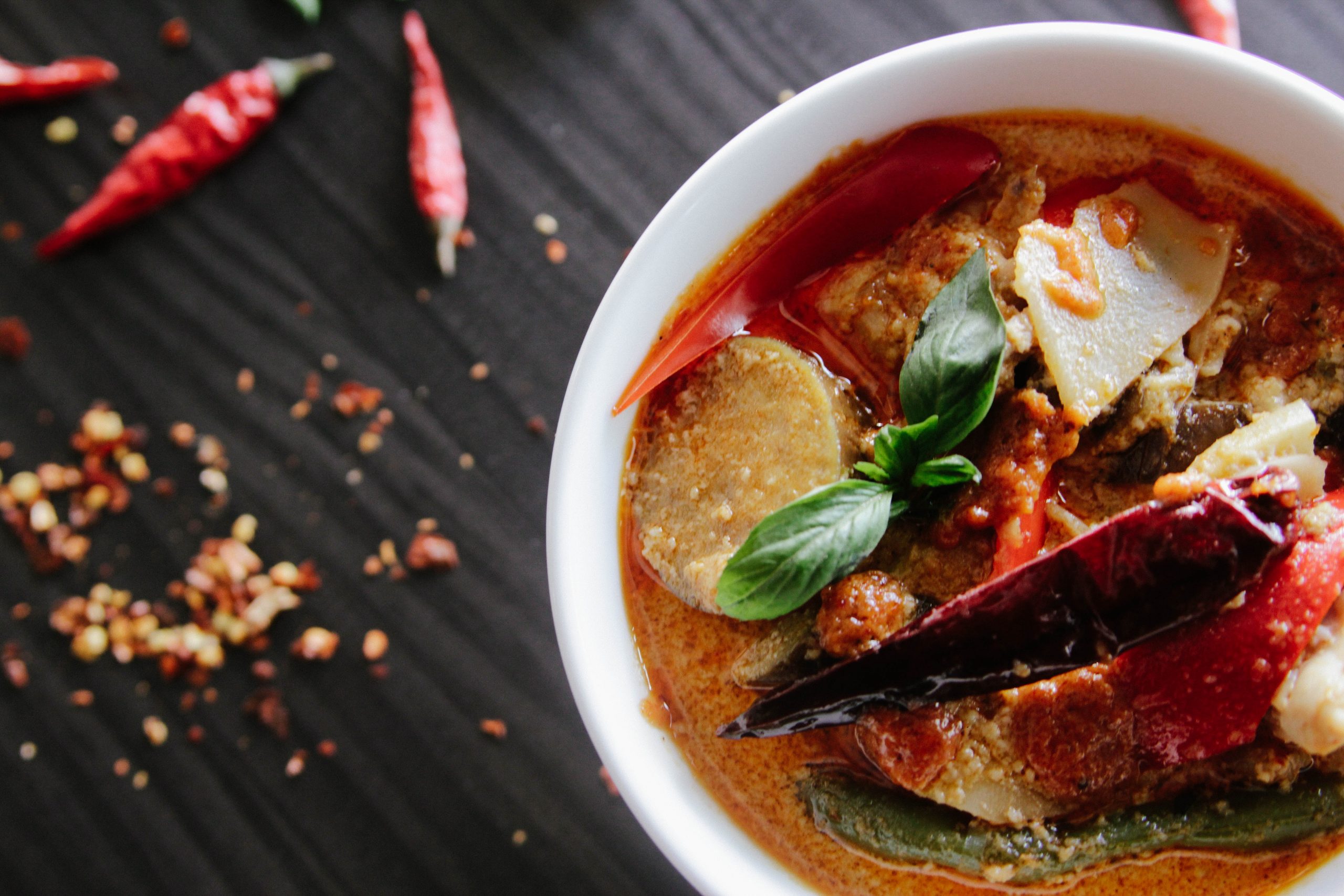
Csirkepaprikás
Chicken paprikash is a stew with a lot of paprika added to it. It’s usually served with sour cream on top (tejföl).
Főzelék
This is a thick Hungarian stew made of vegetables.
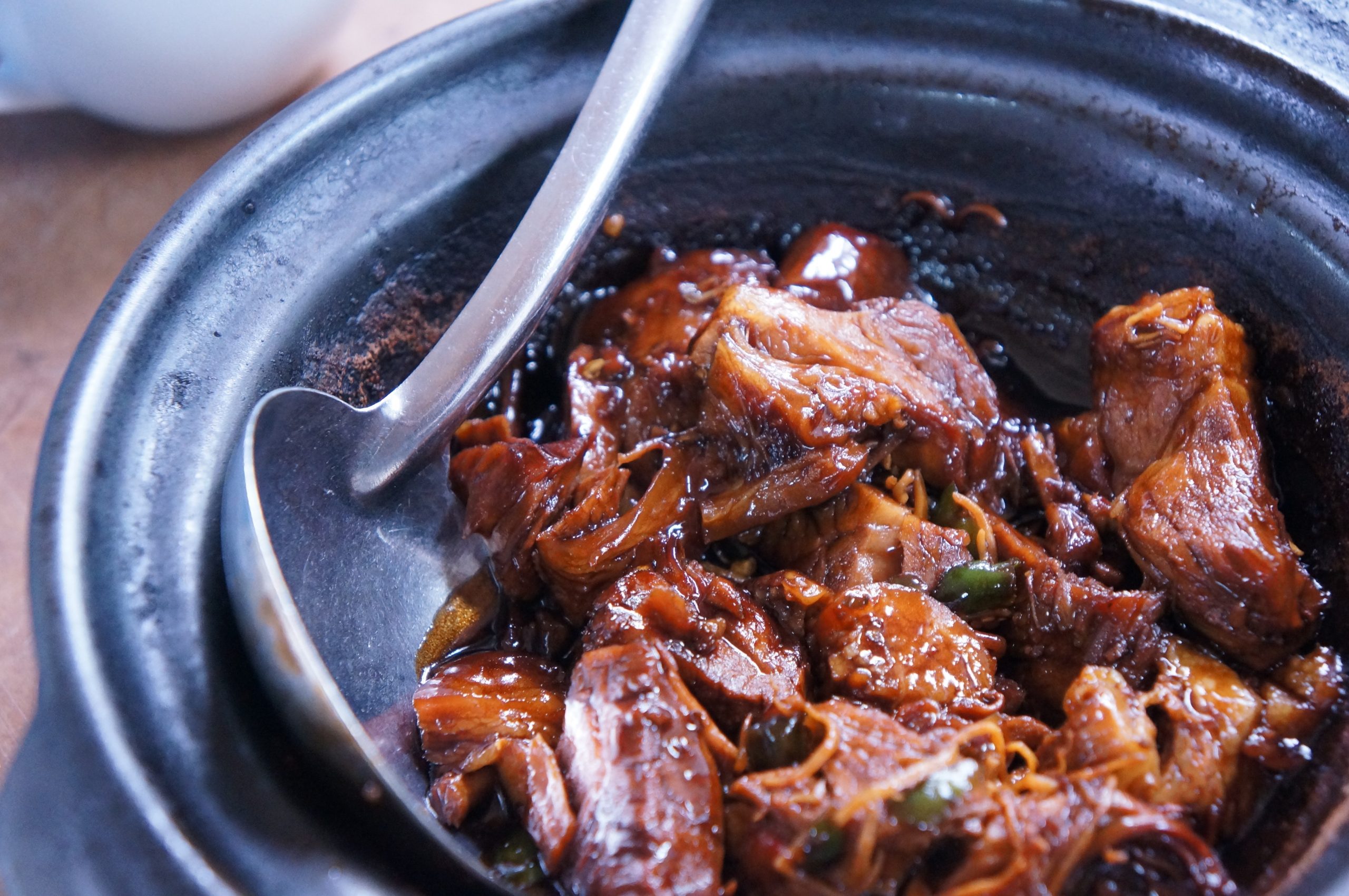
Krumplis tészta
A Hungarian noodle dish with potatoes and paprika.
Lecsó
Lecsó is a Hungaria ratatouille.
Stefánia szelet
This is a Hungarian meatloaf with hard boiled eggs in the middle. Imagine several scotch eggs put together in the shape of a big loaf.
Palacsinta
The name for crepes. You can have them sweet or savoury.
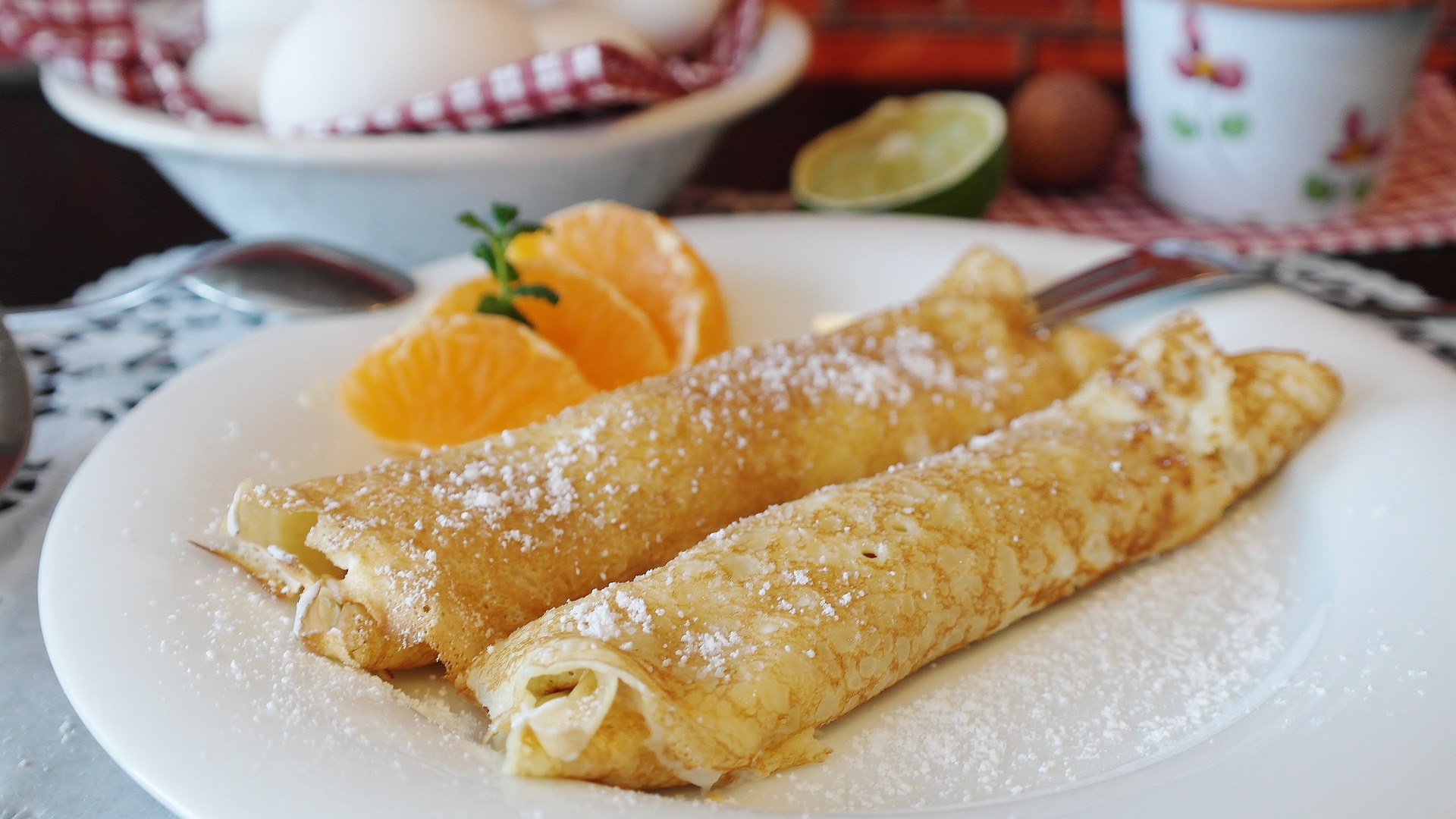
Gundel palacsinta
Crepe stuffed with walnuts and served in chocolate sauce.
Hortobágyi palacsinta
A Hungarian crepe filled with veal stew
Rakott palacsinta
Layered Hungarian crepes with sweet cottage cheese, raisins, jam and nuts.
Paprikás krumpli
Stew spiced with paprika, served with spicy sausages and potatoes.
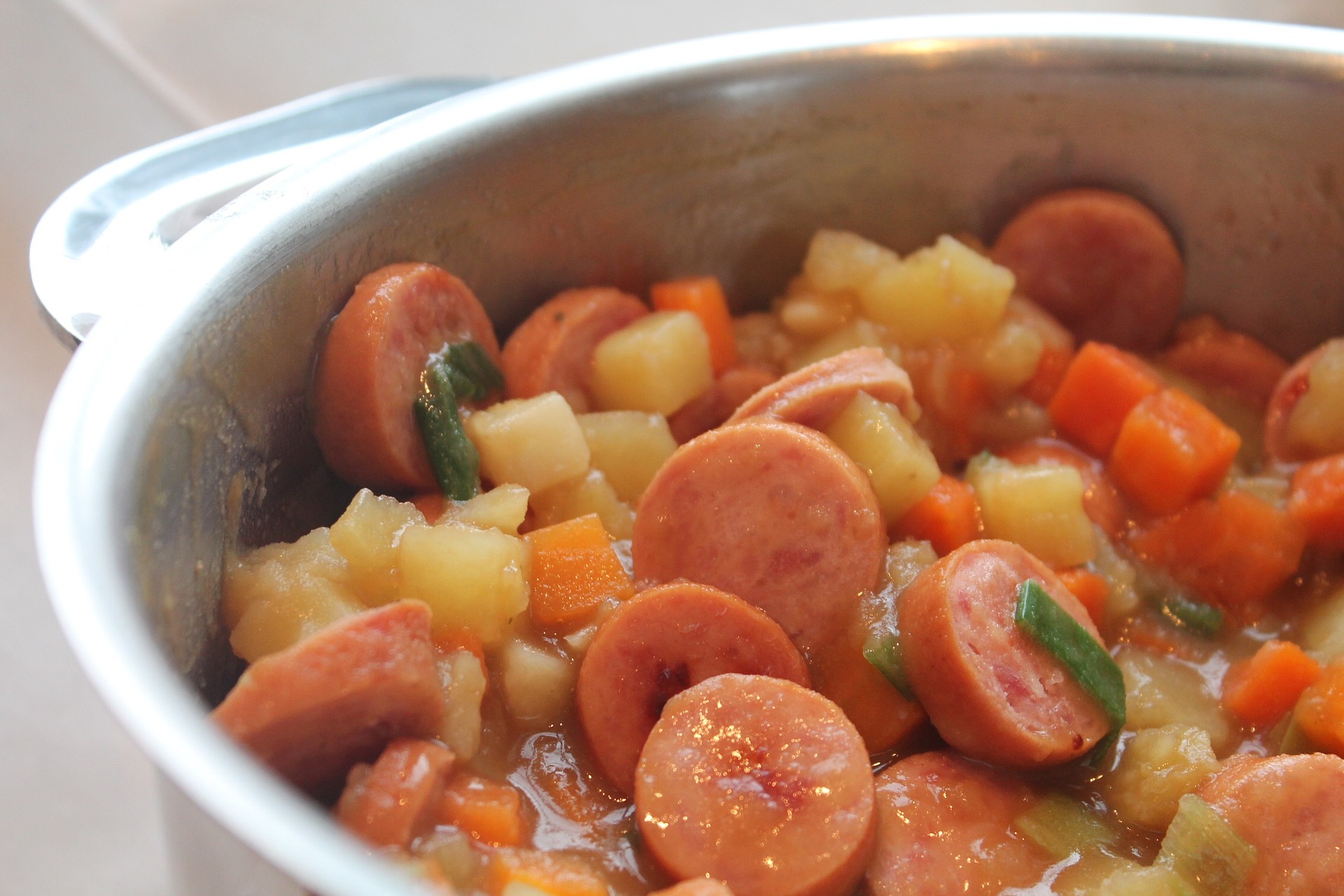
Rántott sajt
Cheese croquettes but deep fried, not usually baked in the oven.
Rántott csirke
Chicken in breadcrumbs, quite similar to Wiener Schnitzel.
Rakott káposzta or Kolozsvári káposzta
Mum is so good at making this dish. I didn’t like it as a child, but love it now, as an adult. This dish consists of layered cabbage with meat stew and rice and sour cream. This dish originated from Transylvania and in Bucharest, we call it Cluj Cabbage.
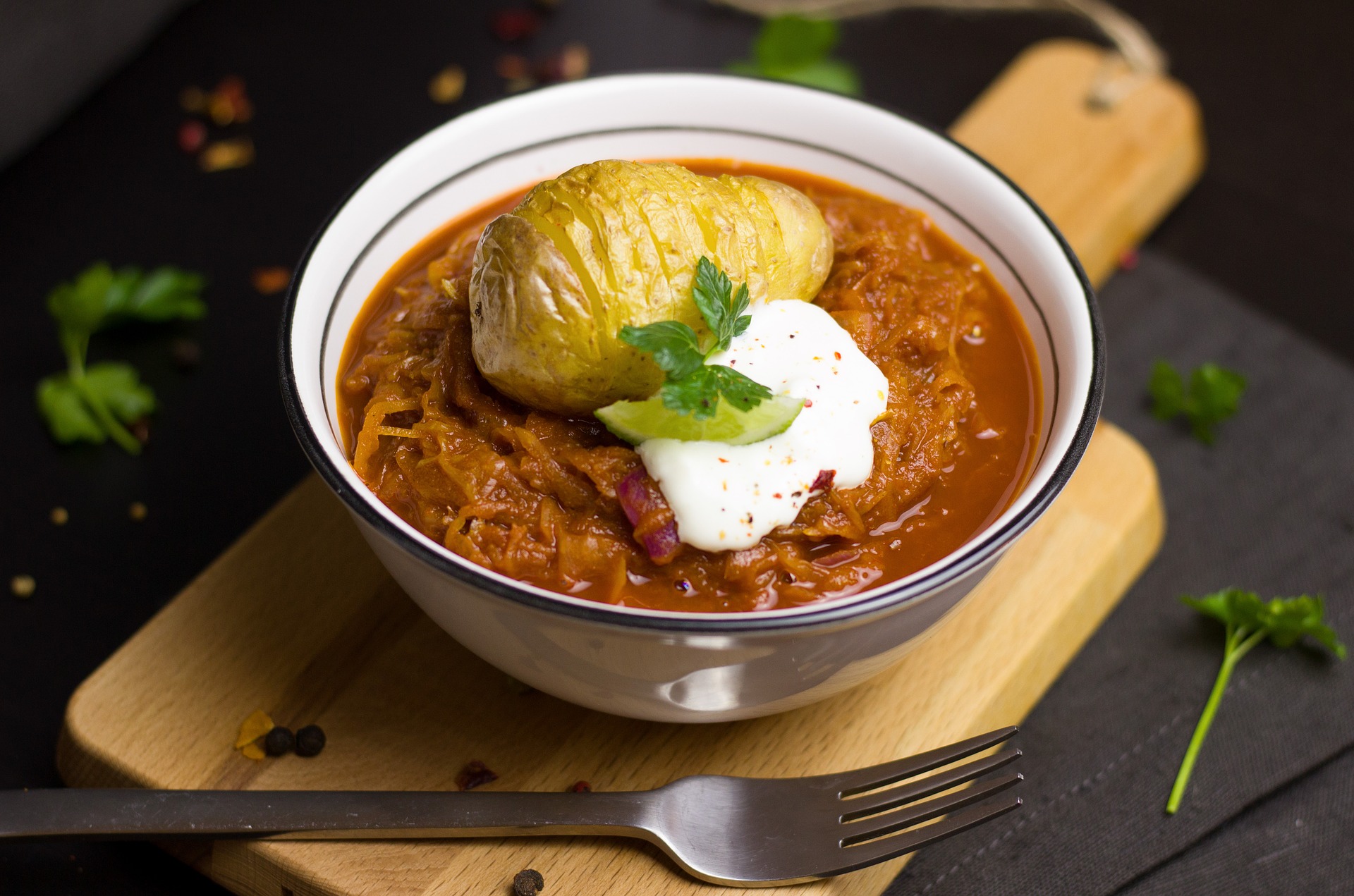
Töltött káposzta
The mighty cabbage rolls. They contain minced meat and rice, rolled in cabbage and slow cooked in tomato based sauce for several hours. They are served with sour cream. Although this is a Hungarian food, it’s also a Romanian traditional food, and throughout our travels, we found it served in Austria and Slovakia. In Sweden and Finland, for example, they serve these cabbage rolls with lingonberry jam and not sour cream. It’s believed that these rolls originated from Turkey and have been adapted throughout the years.
Székelykáposzta
This Hungarian food is a type of pork and sauerkraut stew usually spiced with paprika and served with sour cream.
Töltött paprika
These are stuffed peppers with minced meat, rice and spices. Again, this is a common dish all around Europe.
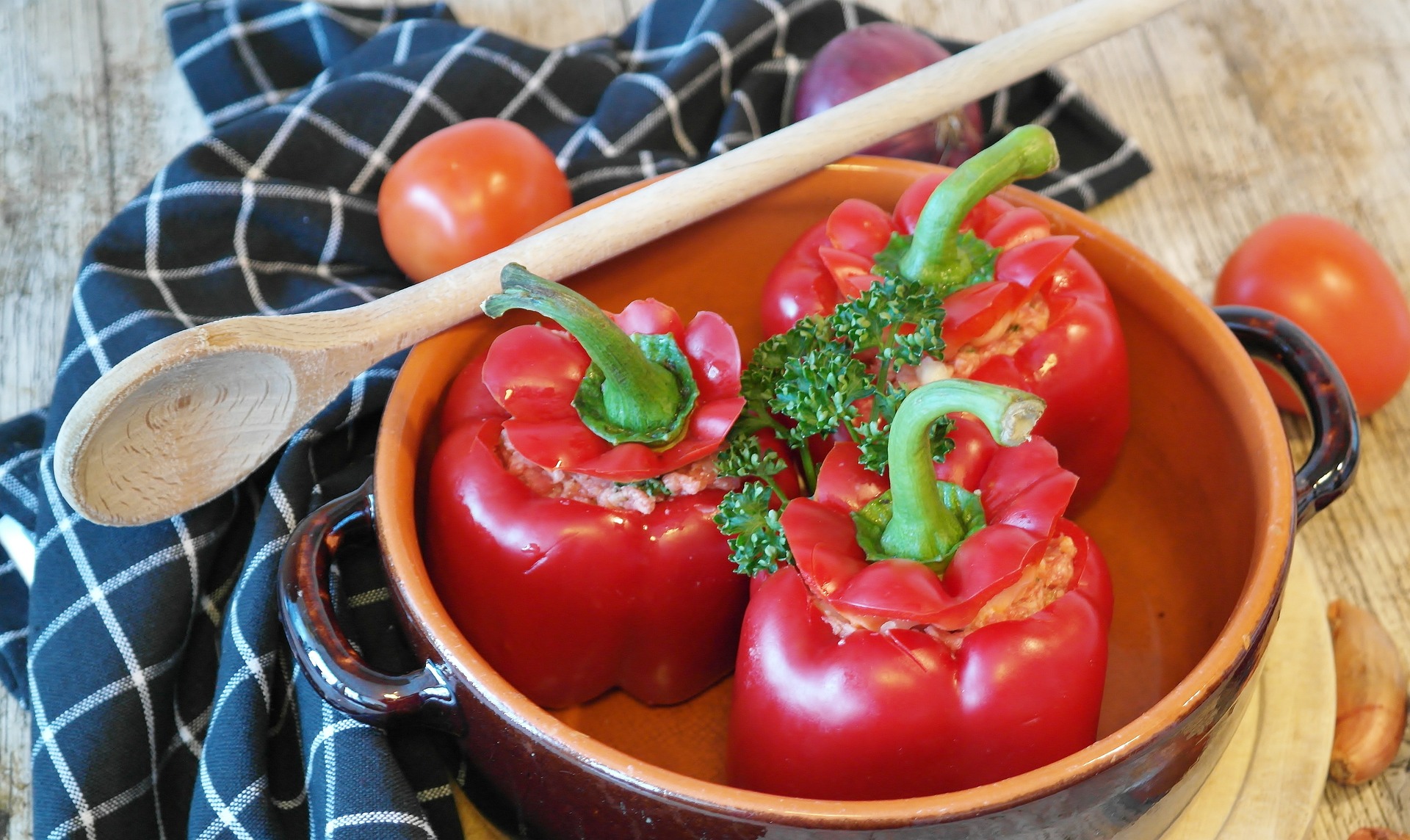
Hungarian Desserts
Enjoy all the Hungarian food so far? I kept the best, for last, as you are going to get some really beautiful and delicious desserts in Hungary. Here are some you absolutely need to try.
Kürtőskalács
This is such great dessert, I can’t imagine anyone not loving Kürtőskalács. The literal translation is Chimney cake because it is cooked over an open fire. It is a Transylvanian speciality and a Hungarian food which you can usually buy at Christmas markets.
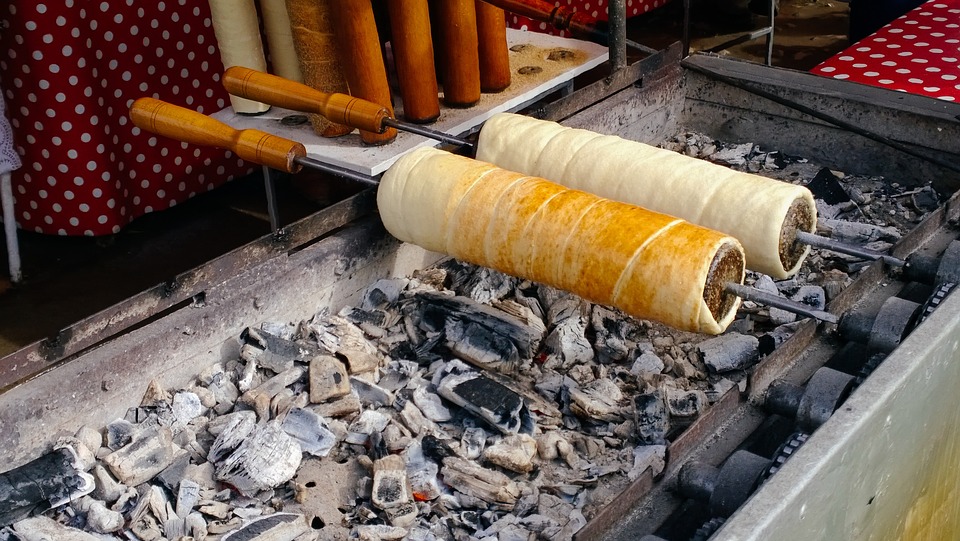
Dobos Cake
A layered sponge cake with chocolate, glazed with caramel and nuts. It is the most famous dessert in Hungary. Eat it in a fancy sweet shop, alongside coffee. You will love it.
Diós tészta
My granny used to make this dish for me, so I have great memories when I think of it. Diós tészta are noodles with ground walnuts and sugar. Sometimes jam or honey is added to them, but I prefer them without.
Mákos tészta
Noodles with poppy seeds and sugar.
Vaníliás kifli
Small little crescent shaped biscuits served with powdered sugar on top. You can learn how to make the vegan version of these crescent walnut cookies here.
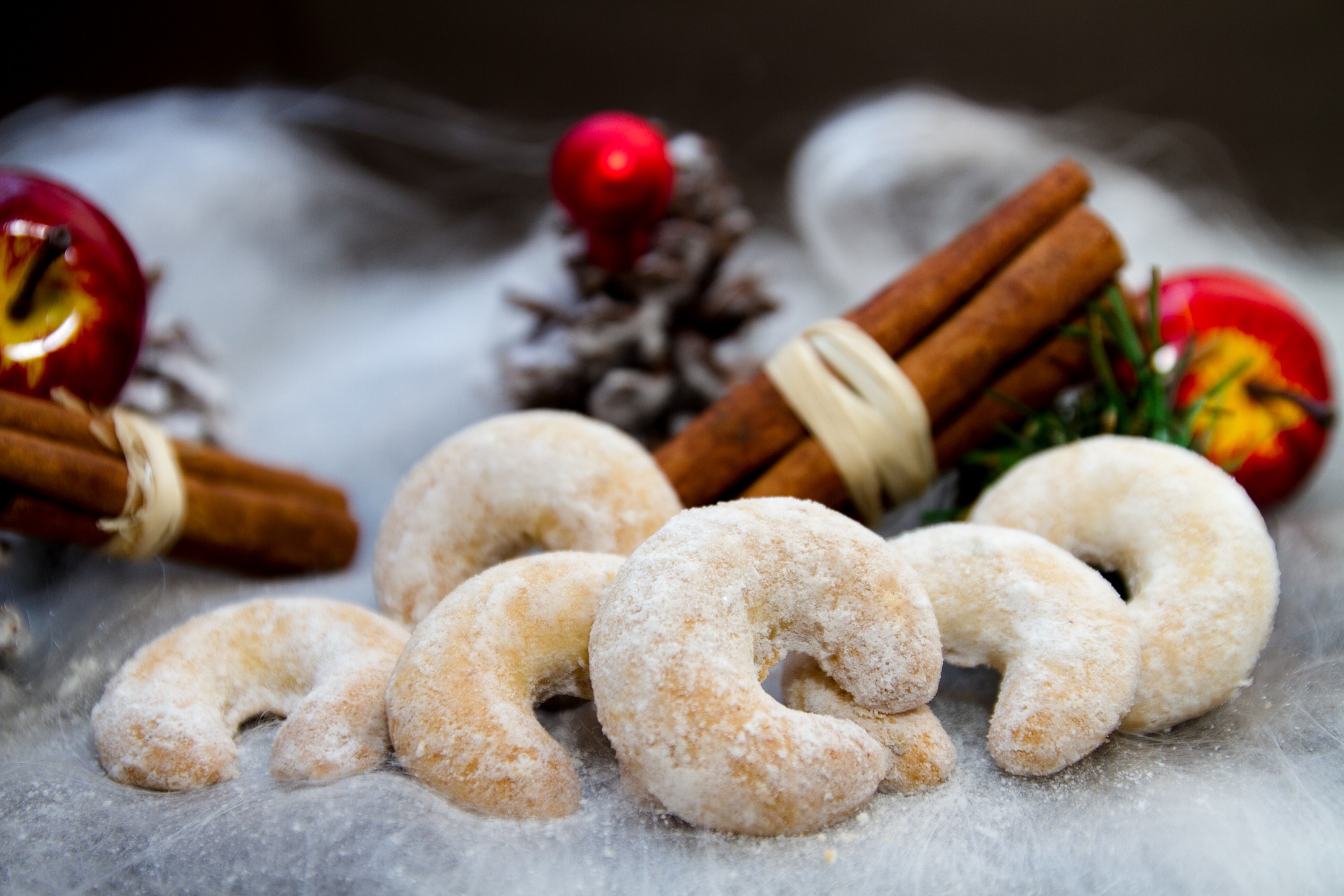
Linzer torta
A crumbly cake with a lattice design on the top. It’s usually filled with jams or plum butter. The name comes from the Austrian city of Linz.
Rigó Jancsi
A delicious traditional Hungarian cube shaped chocolate sponge with chocolate cream pastry.
Gesztenyepüré
Mashed sweet chestnuts with sugar and rum, topped with whipped cream. I really like it as a mousse.
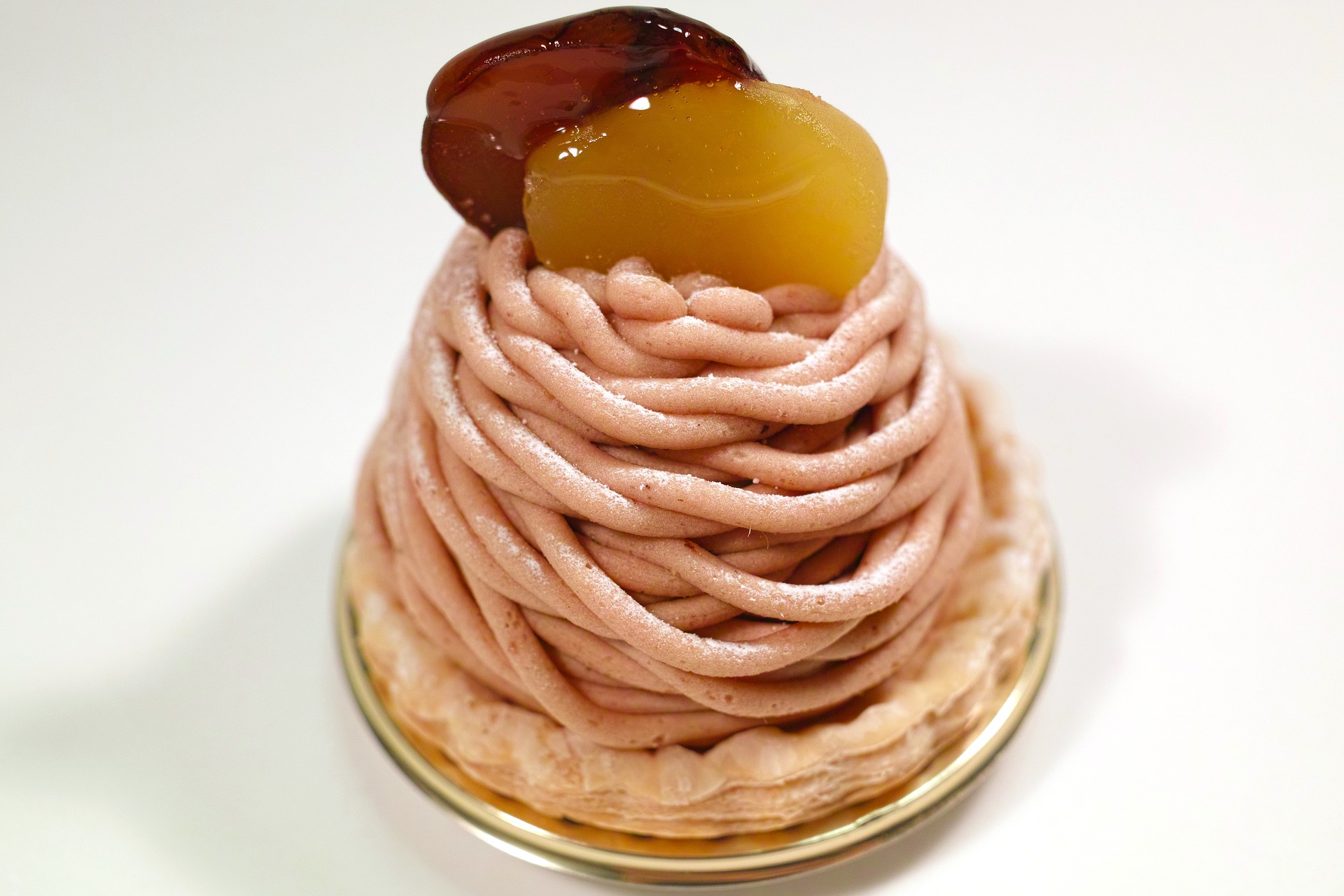
Piskóta
A very light sponge cake, similar to genoise cake.
Rétes
This is the Hungarian version of the mighty strudel.
Csiga
The literal translation is snail, however, worry not, snails are not usually part of any Hungarian food. A csiga is a pastry swirl filled with walnut, poppy, chocolate and even vanilla pudding.
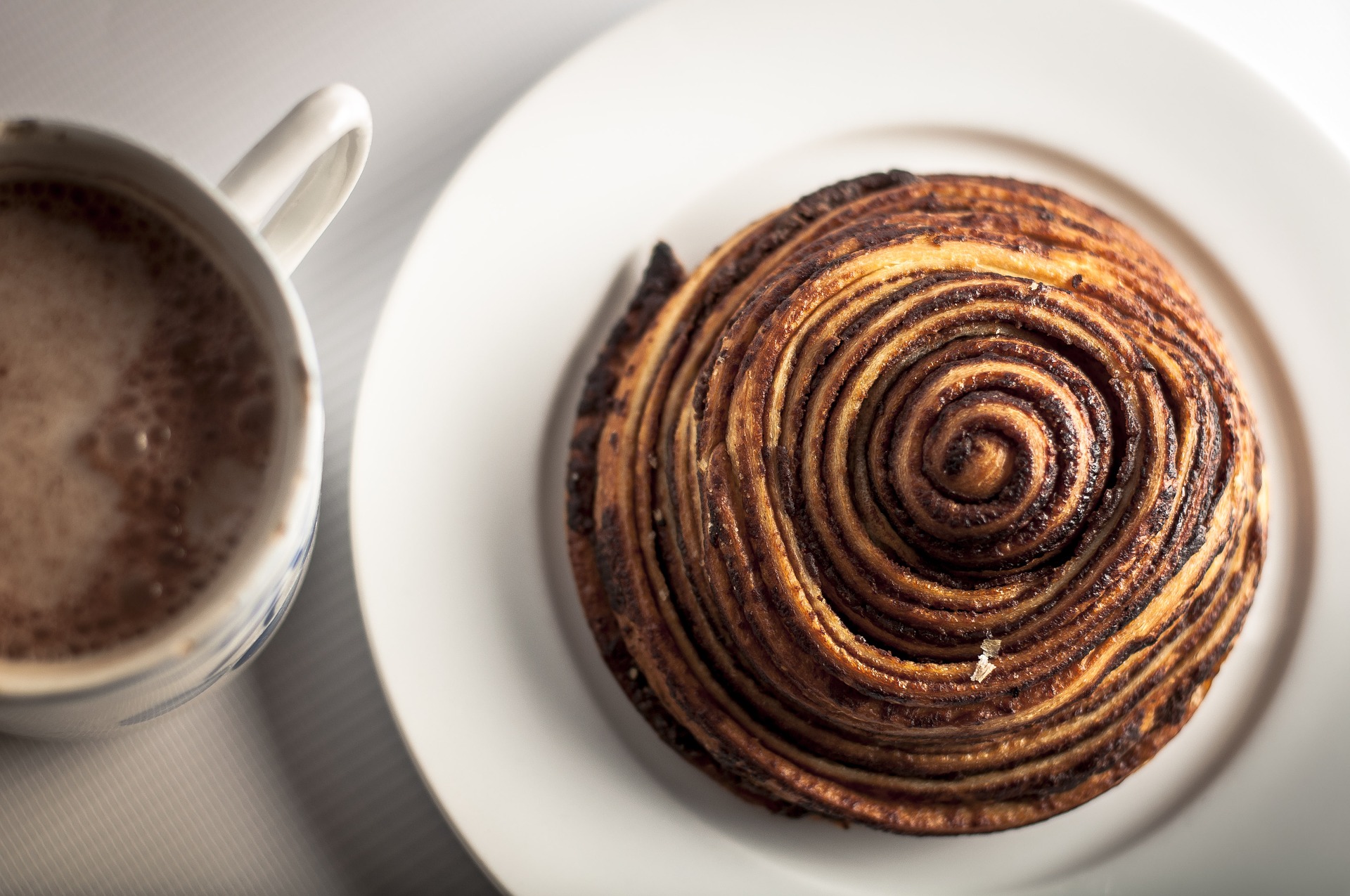
Kuglóf
A type of bundt cake, a traditional Austro-Hungarian coffee party cake
Madártej
The French floating island which has meringue floating on custard.
Halva
A Transylvanian sweet confection which has a Turkish origin. This can also be found in other Eastern European and Balkan countries.
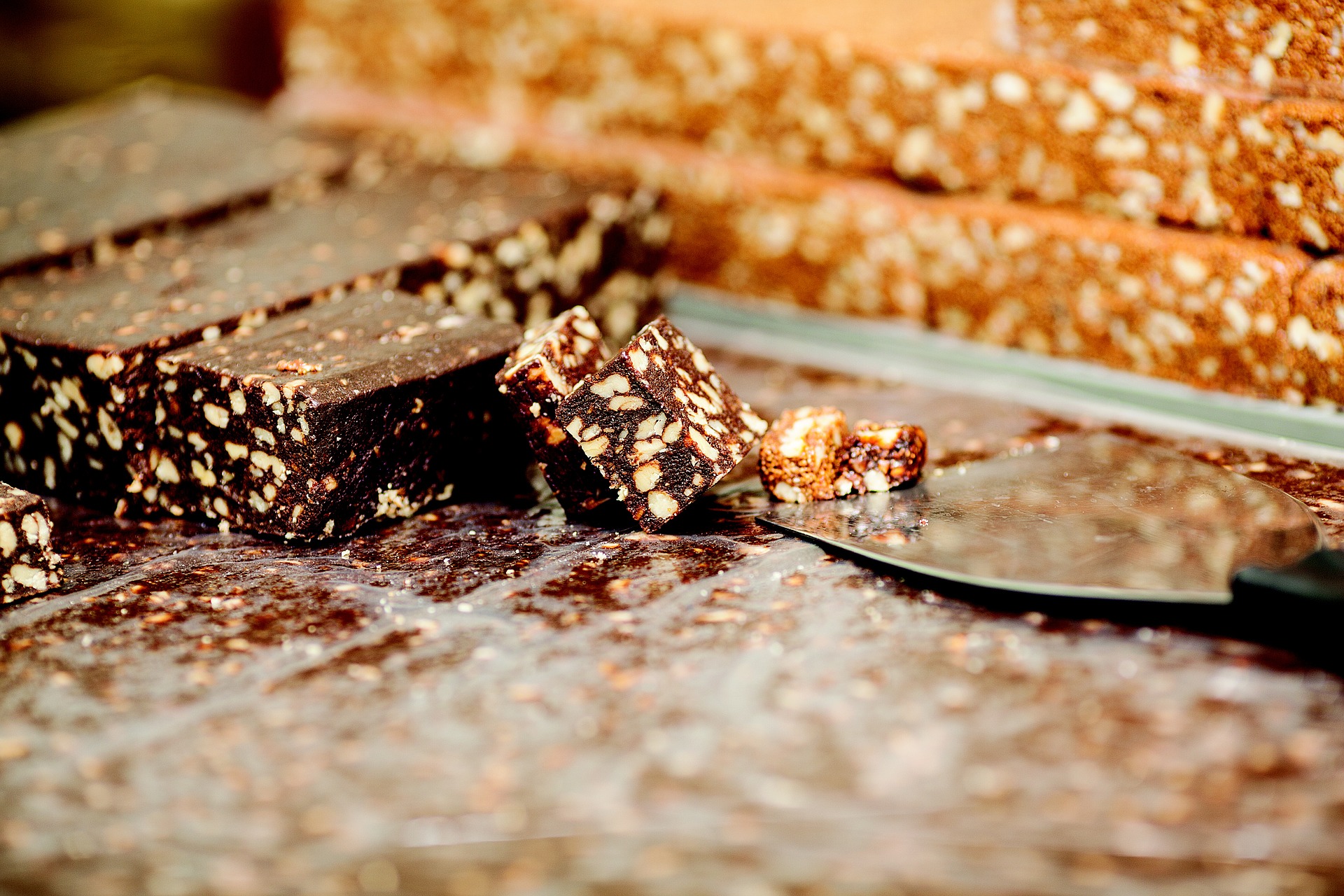
Szaloncukor
These are Christmas tree chocolates, usually wrapped in colourful foil and used as decoration. As a kid, I used to devour these from the Christmas tree.
Szilvásgombóc
I ate this as a child, and can you believe it, I did not know it’s a Hungarian food. My grandmother made these and they were always incredibly delicious. Szilvásgombóc is a sweet plum dumpling. Imagine a delicious plum, encased in a potato dumpling, covered in breadcrumbs and sugar, fried in hot butter. I’m hungry!
Hungarian Drinks
No meal goes well without a few Hungarian drinks. The most well known Hungarian drink is Pálinka, a clear fruit brandy which has a high percentage of alcohol. Many Hungarians undertake the task of doing this spirit in their own home, which is usually more alcoholic than the Pálinka you can find in the shops.
Pálinka
Pálinka is a fruit brandy usually made from plums, pears and apricots. There are eight types of Pálinka with protected designation of origin.
Szatmári szilvapálinka
Plum pálinka of Szatmár
Kecskeméti barackpálinka
Apricot pálinka of Kecskemét
Szabolcsi almapálinka
Apple pálinka of Szabolcs
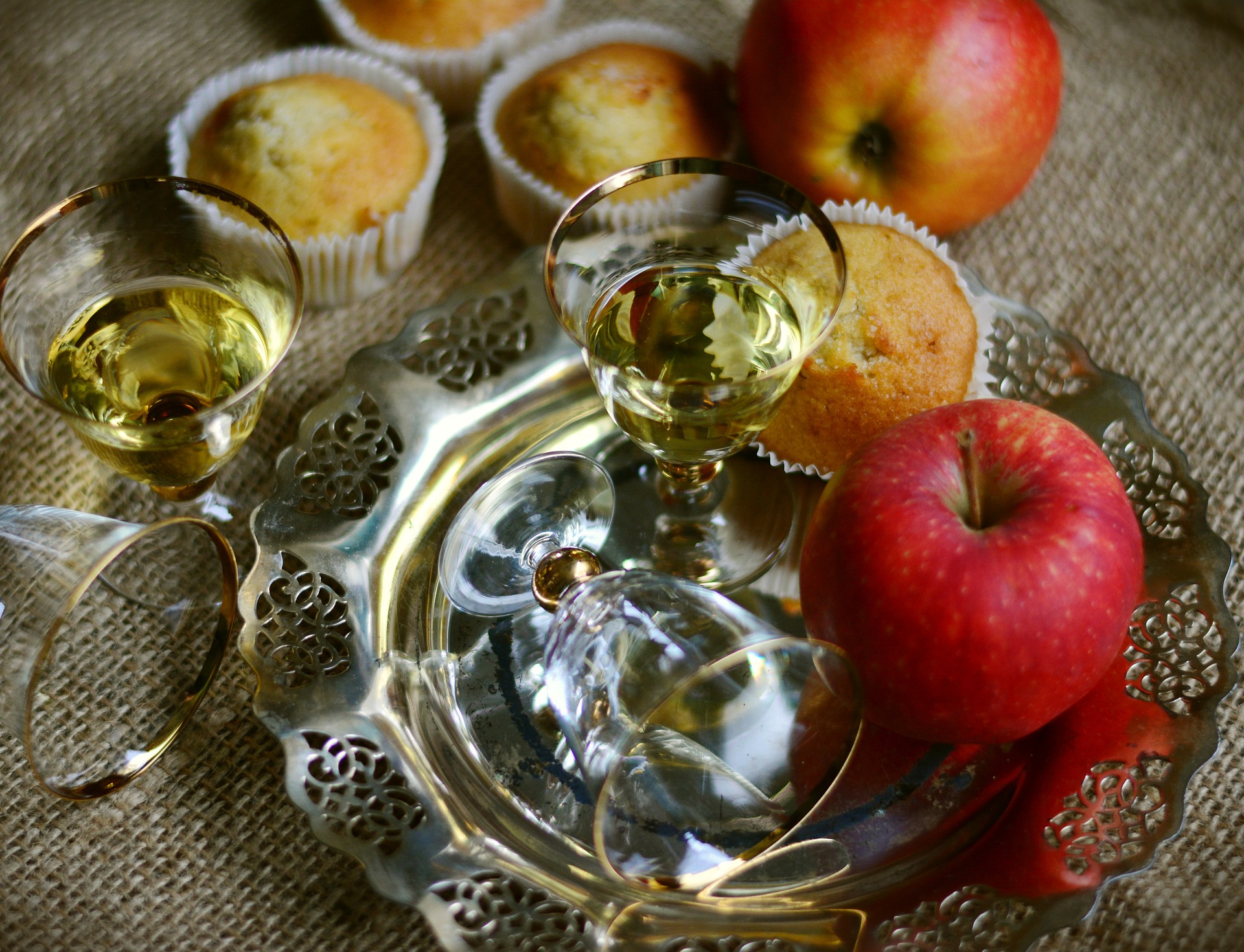
Békési szilvapálinka
Plum pálinka from Békés
Gönci barackpálinka
Apricot pálinka from Gönc
Újfehértói meggypálinka
Sour cherry pálinka from Újfehértó
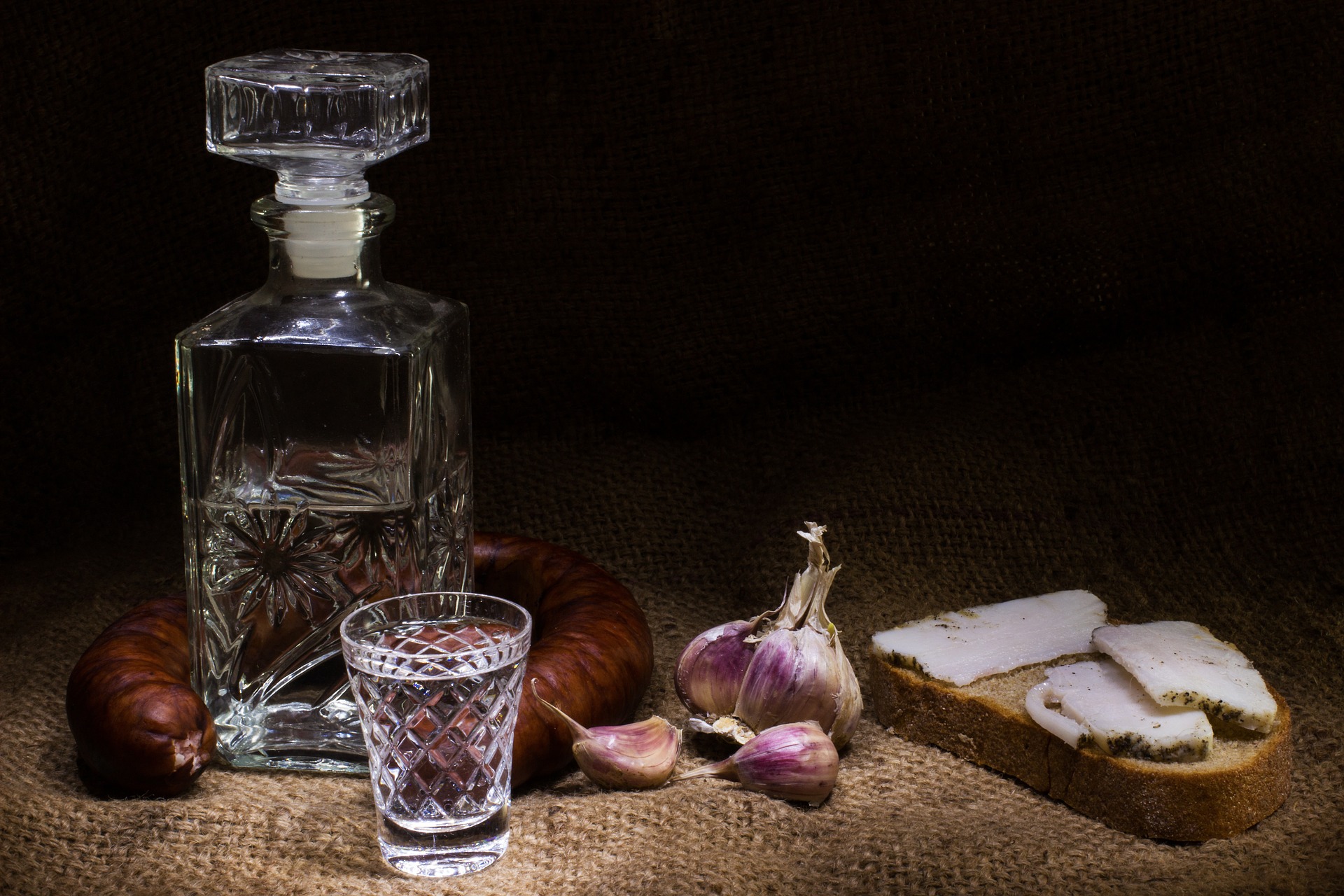
Göcseji körtepálinka
Pear pálinka from Göcsej
Pannonhalmi törkölypálinka
Pomace pálinka from Pannonhalma
Tokaj wine
Tokaj is a historical wine region in the NE Hungary and SE Slovakia. It is one of the seven larger wine regions of Hungary. This is where the famous Tokaj wine is produced. Tokaj is a UNESCO World Heritage Site since 2002. You can read more about the magic of Tokaj region to find out that Tokaji wine was named “Wine of Kings, King of Wines” by Louis XIV of France.

Unicum
Unicum is a Hungarian herbal liqueur which is drunk as a digestif and aperitif. The recipe is kept secret, but we know it contains more than forty herbs. Unicum is regarded as a national drink of Hungary. You can try Unicum and Unicum Plum.




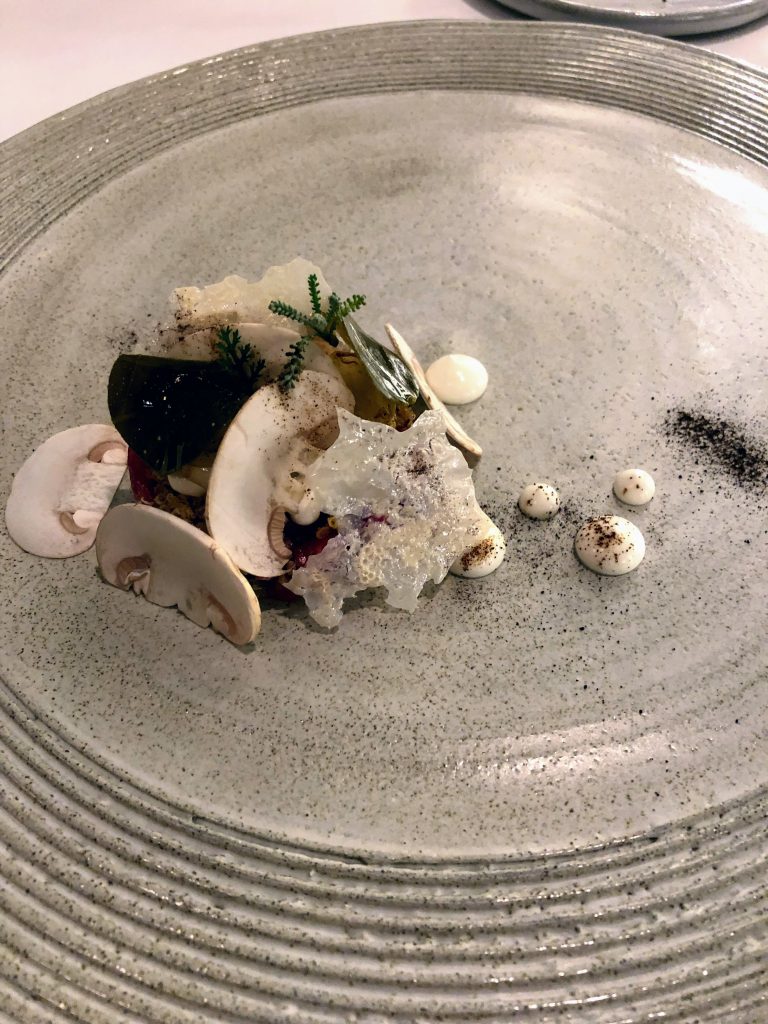

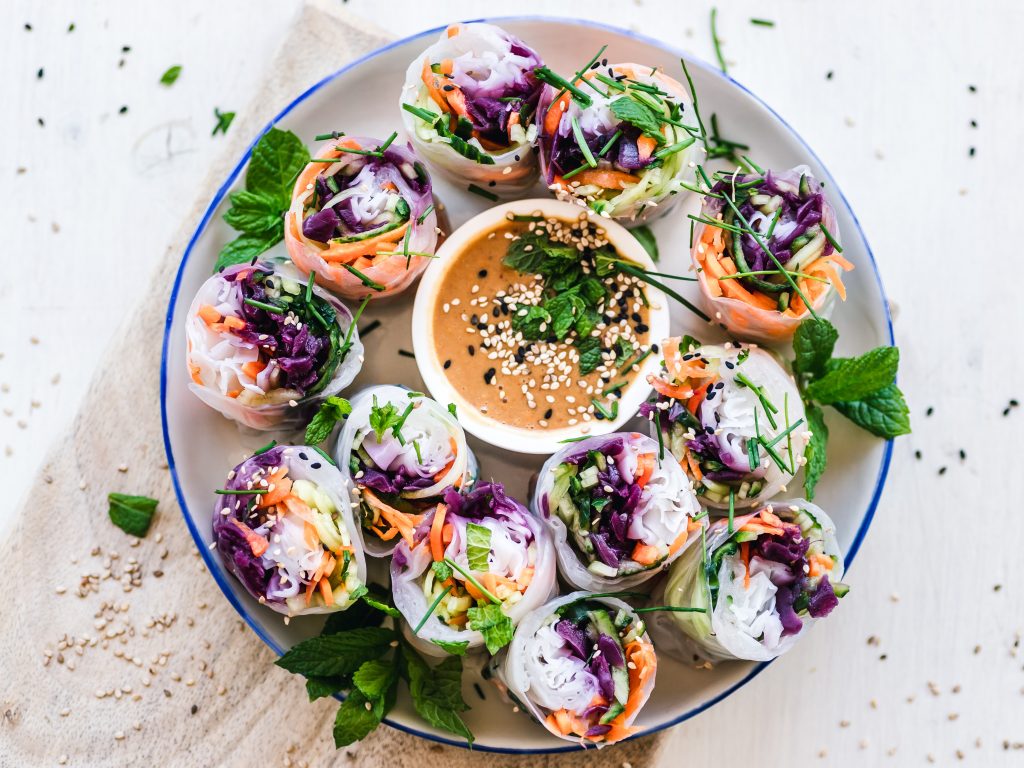


Leave a Reply